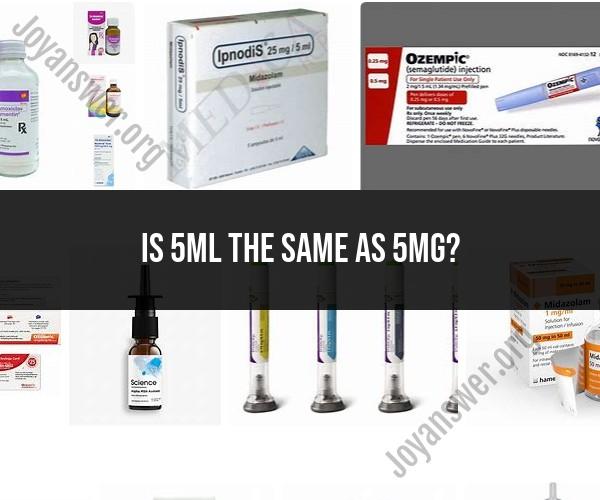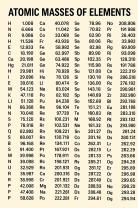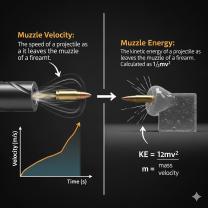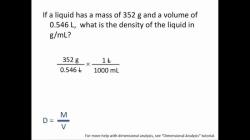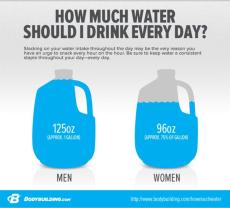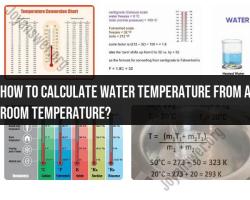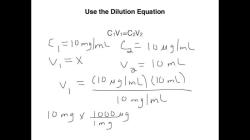Is 5ml the same as 5mg?
No, 5 mL (milliliters) is not the same as 5 mg (milligrams). These are two different units of measurement that measure different properties:
5 mL (milliliters): Milliliters are a unit of volume. They measure the capacity or volume of a liquid. In this case, 5 mL represents five milliliters of liquid, which is a measure of volume.
5 mg (milligrams): Milligrams are a unit of mass or weight. They measure the amount of a substance's mass. In this case, 5 mg represents five milligrams of a substance, which is a measure of weight.
In summary, 5 mL measures volume, while 5 mg measures mass. These units are not interchangeable, and you cannot equate them directly without additional information about the density or concentration of the substance in question.
Understanding the Difference Between 5ml and 5mg
5ml stands for 5 milliliters, which is a unit of volume. 5mg stands for 5 milligrams, which is a unit of mass.
Deciphering Milliliters and Milligrams: Measurement Basics
Milliliters (mL) are used to measure the volume of liquids. Milligrams (mg) are used to measure the mass of solids and liquids.
To convert from milliliters to milligrams, you need to know the density of the substance you are measuring. The density of a substance is its mass per unit volume.
For example, the density of water is 1 gram per milliliter. This means that 1 milliliter of water has a mass of 1 gram. Therefore, to convert 5 milliliters of water to milligrams, you would multiply 5 mL by 1 g/mL. This would give you 5 grams, which is equal to 5000 milligrams.
Preventing Dosage Errors: Grasping the ml vs. mg Distinction
It is important to understand the difference between milliliters and milligrams to prevent dosage errors. For example, if you are taking a medication that is dosed in milligrams, but you accidentally take it in milliliters, you could overdose.
It is also important to note that different medications have different densities. This means that 5 milliliters of one medication may not have the same mass as 5 milliliters of another medication.
Therefore, it is important to carefully read the instructions for any medication you are taking to ensure that you are taking the correct dose.
Here are some tips for preventing dosage errors:
- Always read the instructions carefully. Make sure you understand how much medication to take and how to measure it correctly.
- Use the correct measuring device. If you are taking a medication that is dosed in milliliters, use a measuring syringe or cup. If you are taking a medication that is dosed in milligrams, use a scale.
- Be aware of the density of the medication. Different medications have different densities. This means that 5 milliliters of one medication may not have the same mass as 5 milliliters of another medication.
- Ask your doctor or pharmacist if you have any questions. If you are unsure how to measure your medication or how much to take, ask your doctor or pharmacist for help.
